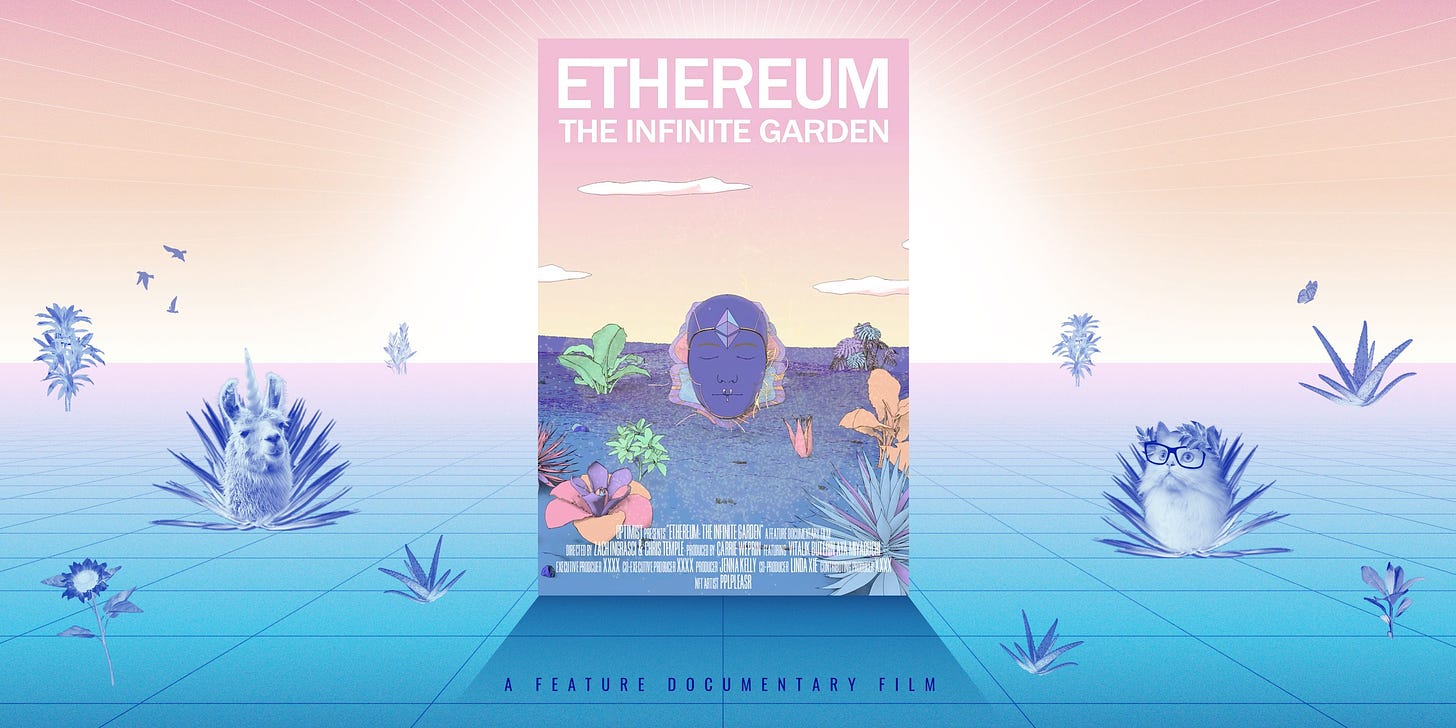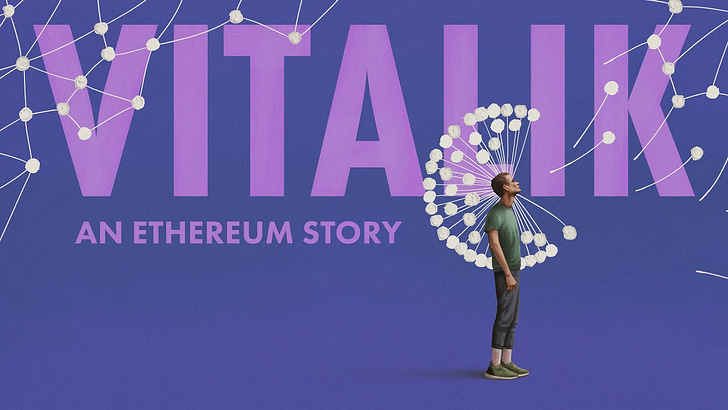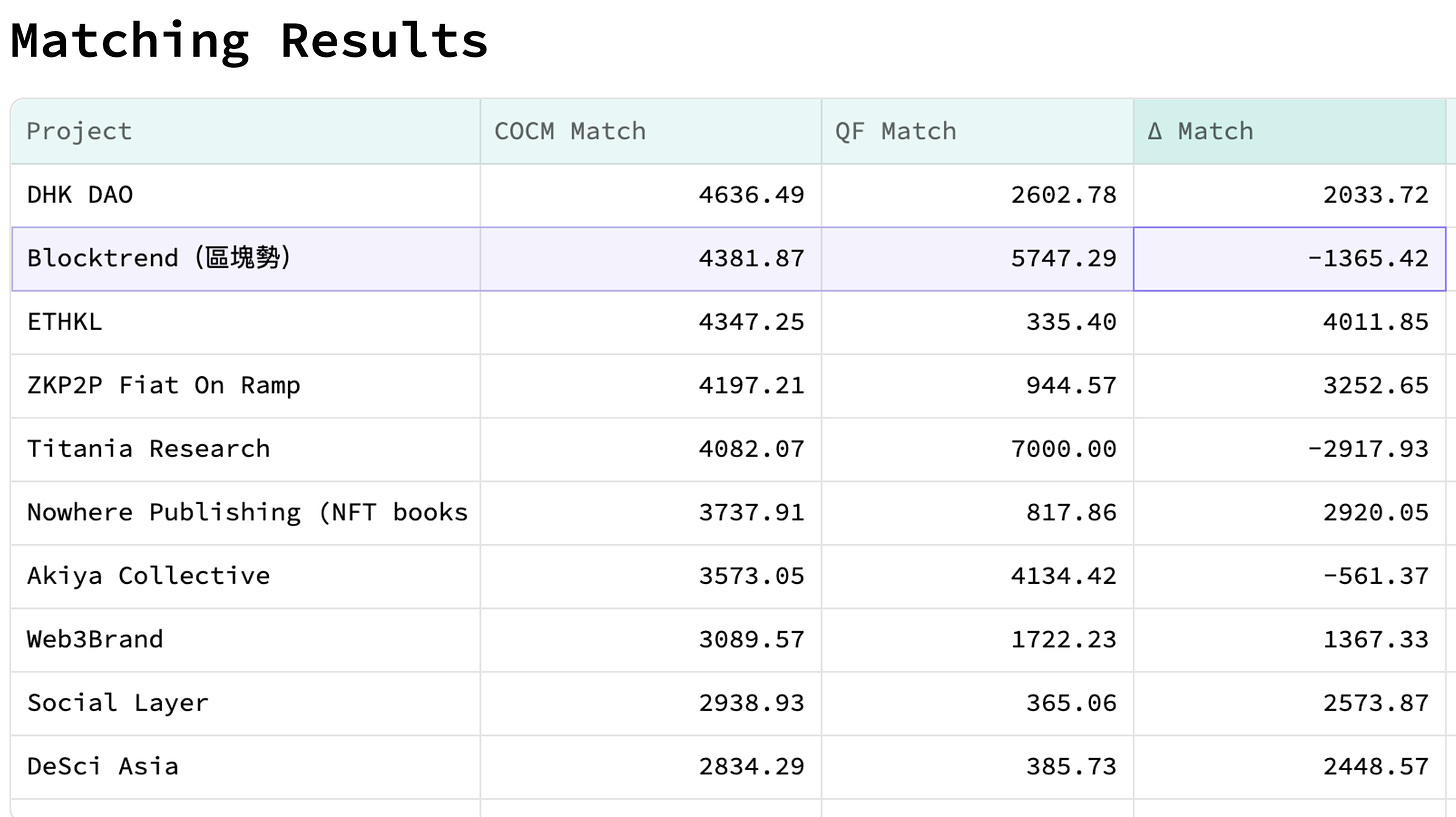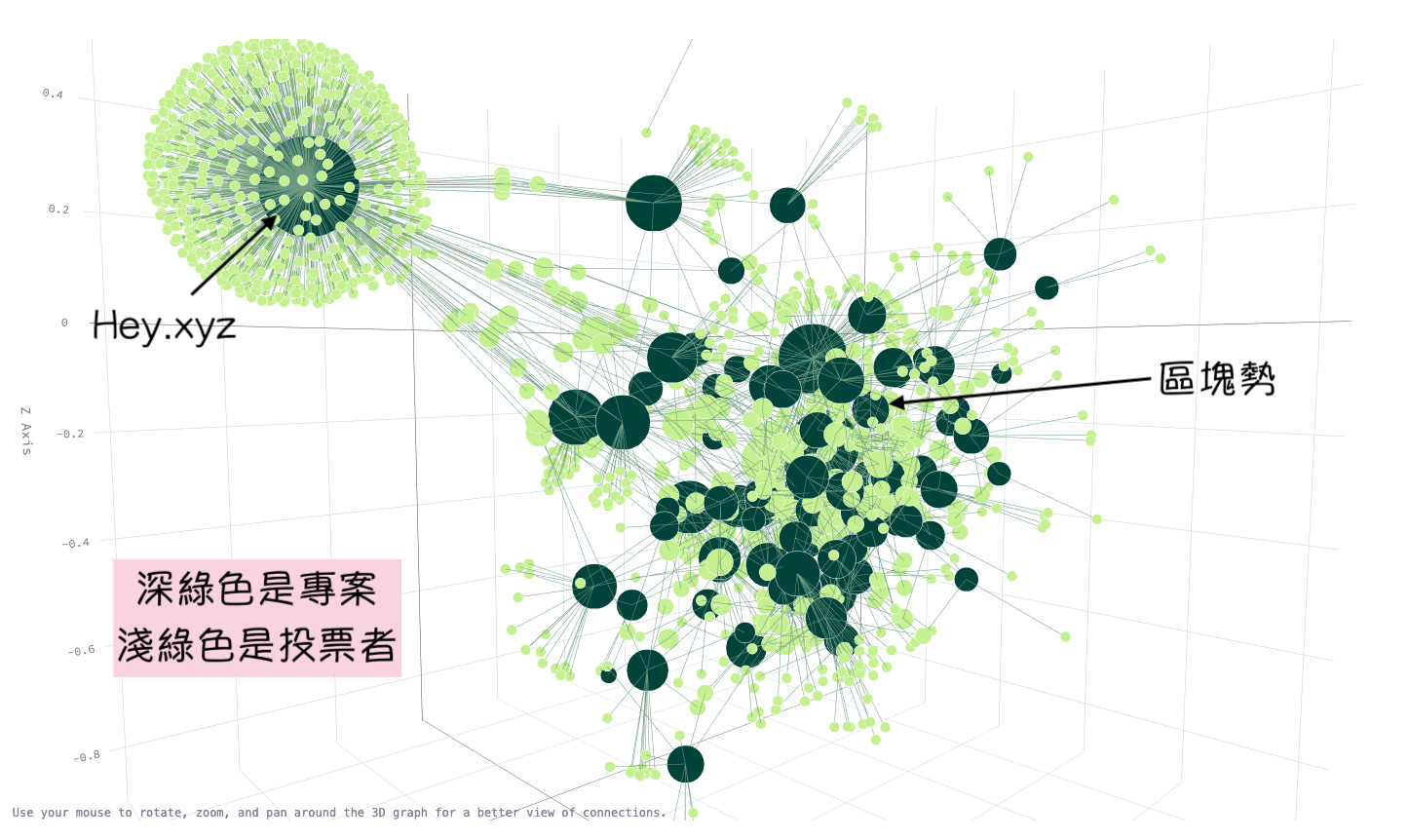GM,
Last month, I announced that I would host a members’ gathering, the Base Meetup, in September. At the time, I thought September was a long way off, and it should be no problem, right? I was wrong. With the date fast approaching, it’s best to start by apologizing. I’ll reschedule and announce the new time later. This article will cover three events, starting with the simplest one.
PayPal Supports ENS
I found this news because the price of ENS tokens in my wallet suddenly spiked. According to reports:
ENS Labs announced on Tuesday that PayPal and Venmo have integrated Ethereum Name Service (ENS) into their payment platforms. Now, when PayPal and Venmo users transfer cryptocurrencies, they can simply enter the recipient’s ENS name, and the platform will automatically identify the wallet address linked to the ENS. ENS Labs stated that the new feature will reduce the risk of errors in crypto transactions on PayPal and Venmo.
ENS is as important to Ethereum as URLs are to the web. No one remembers the IP address for National Taiwan University, but when people see ntu.edu.tw, they recognize it as the NTU website. Similarly, I’ve had my Ethereum wallet address for over five years, but embarrassingly, I only remember that it starts with 0x36f. Without ENS, Ethereum is like the internet without a domain name system—it’s unreasonable to expect people to remember such long strings of characters. Luckily, I pay $5 annually to rent the rights to mnhsu.eth and bind it to my 0x36f address. Since then, all I need to remember is mnhsu.eth. Yeah, right!
The reality is that not many services fully understand or support ENS yet. If I want to withdraw ETH from an exchange to my wallet and enter mnhsu.eth in the recipient field, the system will likely just display some garbled text that it doesn’t understand.
That’s because blockchain isn’t a centralized system. When Apple releases an iOS update, all apps support the new features the next day. But in blockchain, it’s up to individual wallet providers, exchanges, and developers to decide whether to integrate these features. This creates a chicken-and-egg problem. Integrating ENS isn’t difficult, but for exchange operators, if not many people use it, it won’t be a top priority. Users think, "If there aren’t many practical applications, why should I pay $5 a year for a useless ENS domain?"
Someone has to break the stalemate. But it’s ironic that PayPal, a platform that only "part-time" serves the crypto community, is taking the lead in blockchain infrastructure, while most exchanges that serve crypto users "full-time" haven’t integrated ENS yet.
If you want to understand how Ethereum infrastructure like ENS is being built step by step, you won’t want to miss next week’s global premiere of the documentary Vitalik: An Ethereum Story.
I might organize a movie outing for everyone first, and then hold the members’ meetup. This documentary will be released next week, and the Taipei premiere event is already fully booked. Three years ago, when the documentary started its crowdfunding, Blocktrend covered it:
Ethereum: The Infinite Garden" is a character-driven feature-length documentary that explores the challenges and rewards of building a new world and how a community of developers, entrepreneurs, artists, and crypto enthusiasts are working together to shape Ethereum's future.
Sharp-eyed readers might say: "Wait a second, you got it wrong! Even the title doesn’t match.
It’s the same documentary. The production team originally focused on Ethereum, but the more they filmed, the more they realized that Vitalik is like the anchor of the Ethereum ship. Amid the stormy seas of the crypto world, he is the most steady presence. The new title makes that clear at a glance, whereas the original title, "Ethereum: The Infinite Garden,"though profound in meaning, didn’t immediately connect Ethereum with the concept of a "garden" for most people.

The Infinite Garden represents the core vision of Ethereum. "Infinite" refers to the concept of an infinite game, while "garden" refers to the diverse ecosystem created by a collective. Philosopher James Carse famously said, "A finite game is played for the purpose of winning, an infinite game for the purpose of continuing the play." Chess is a finite game where players aim to defeat their opponent. Love, on the other hand, is an infinite game—defeating someone is meaningless; the ultimate goal is to keep it going. Ethereum is also an infinite game. Its goal is not to defeat any particular system, but to persist.
This documentary is unique in its topic, production, and crowdfunding approach. In 2021, the production team launched an NFT-based crowdfunding campaign, raising nearly 1,036 ETH (around NT$54.7 million at the time), which caused quite a sensation. They’re still offering NFT versions of the trailer for collectors—a very trendy move.
Due to market demand, most cryptocurrency documentaries today focus on financial fraud, followed by Bitcoin. Documentaries about Ethereum are quite rare. However, I advise everyone to temper their expectations. My standards for crowdfunding in the crypto space are fairly low—if they take the money and deliver the project, I already give them 80 points. After all, the market changes rapidly, and keeping promises made three years ago is no easy feat.
Currently, the most mainstream funding method in the crypto world is no longer NFT-based pre-sale crowdfunding, but quadratic funding.
The Failed Sybil Attack
The results of Gitcoin Grants 21's quadratic funding, which I invited everyone to participate in, have just been announced. I enjoy discussing public funding not only because I'm involved, but also because people are conducting real-world social experiments with their own money, allowing us to witness the continuous progress.
As shown in the table below, Blocktrend ranked second in the Asia Round, just behind DHK DAO, securing a total of $4,381.87 in matched funding. Once again, thank you all for your spare change and support through your votes!
Before the event, I wrote an article analyzing the loopholes in Gitcoin Passport, pointing out that even an ordinary person like me could hold more than five "real passports" to participate in voting. Can the distribution of funds really be fair?
As it turns out, getting slapped in the face comes faster than expected. The results of this round of funding distribution showed that having five additional "real passports" didn't earn me more matched funds; instead, Blocktrend was deducted $1,365.42. The reason lies in a new mechanism introduced in this round of Gitcoin Grants—Connection-Oriented Cluster-Matching (COCM).
Blocktrend was penalized because the COCM mechanism flagged some suspicious behavior. COCM operates on the assumption that everyone's behavior is unique, much like how the chances of two strangers having identical apps installed on their phones are incredibly slim. Therefore, if two people exhibit identical behavior, COCM treats them as the same person, essentially categorizing them as bots or part of a Sybil attack.
Applying this rule to micro-donation voting is brilliant, as it significantly improves the quality of votes. But when are your choices most likely to overlap with others? It’s when you only support a single project. The biggest loser in this round wasn't Blocktrend, though—it was the decentralized social project Hey.xyz, previously known as Lenster.
Hey.xyz quickly hit the matched funding cap of $7,000, receiving as many as 2,906 micro-donations. Most other projects had fewer than 100 votes, and Hey.xyz completely dominated in terms of support.
However, in the end, Hey.xyz not only failed to top the matched funding list but was also cruelly deducted $5,994. COCM discovered that the vast majority of those thousands of votes supported only this one project, deeming it a Sybil attack. This is pretty terrifying! If someone wanted to sabotage Blocktrend next time, all they’d have to do is rally a group of people to vote exclusively for Blocktrend.
Some might complain that this raises the barrier for voting even higher. But that’s not necessarily the case. The project ranked third in the voting results, ETHKL, received only 17 micro-donations this time, yet the matched funding it received was almost the same as Blocktrend's, which had 75 votes.
This clearly shows that even a small number of high-quality votes can have a significant impact. This will change the strategy for public funding votes in the future. Public funding will no longer support the project with the most votes, but rather the one supported by the most "independent individuals."
Coincidentally, Giveth is currently holding a new round of quadratic funding, and it’s also using the COCM mechanism to determine fund distribution. Naturally, Blocktrend is participating. I would like to invite everyone to help create a voting guide for this Giveth round. It can be in the form of text, images, or video—anything that helps others complete this round of voting, such as passing the Gitcoin Passport verification, introducing projects, or other content. Then share the link to your completed guide in the comments section of this article.
Afterward, I will select what I believe are the three most impactful contributions and offer $100 each as a token of appreciation. I invite everyone to participate!
Blocktrend is an independent media platform sustained by reader subscription fees. If you find Blocktrend's articles valuable, we welcome you to share this piece. You can also join discussions on our member-created Discord or collect the Writing NFT to include this article in your Web3 records.
Furthermore, please consider recommending Blocktrend to your friends and family. If you successfully refer a friend who subscribes, you'll receive a complimentary one-month extension of your membership. You can find past issues in the article list. As readers often inquire about referral codes, I have compiled them on a dedicated page for your convenience. Feel free to make use of them.





